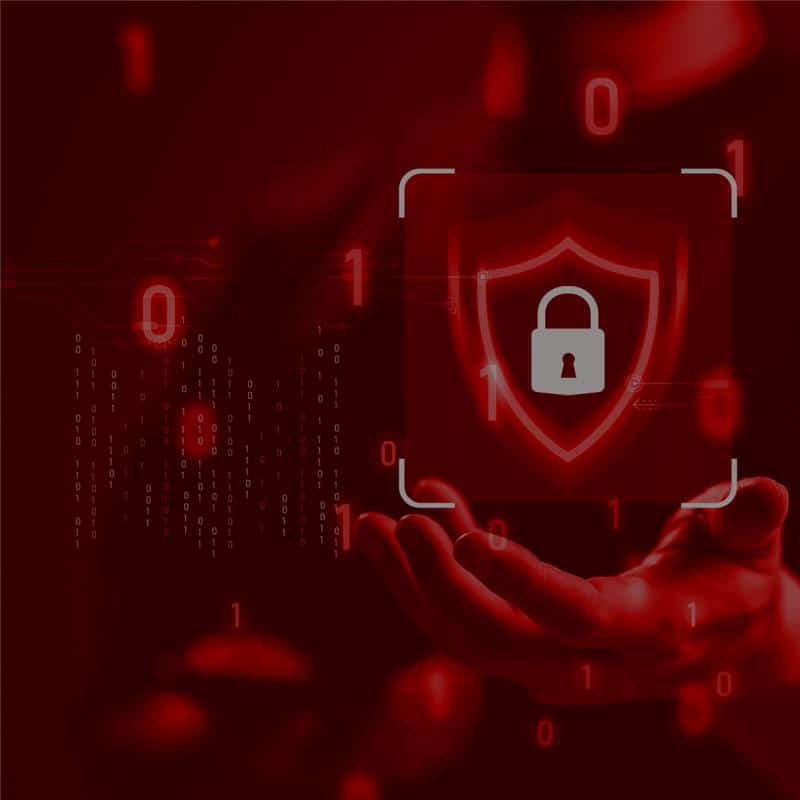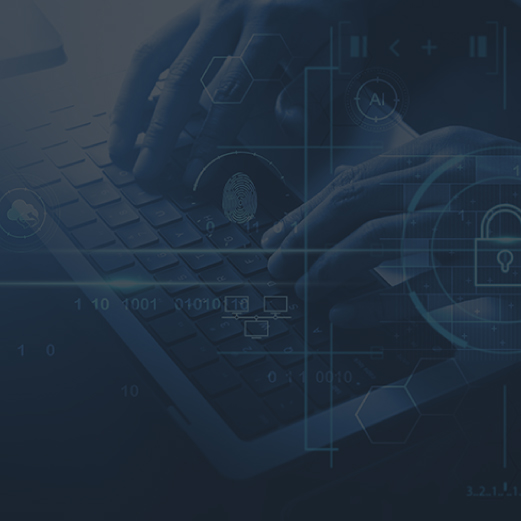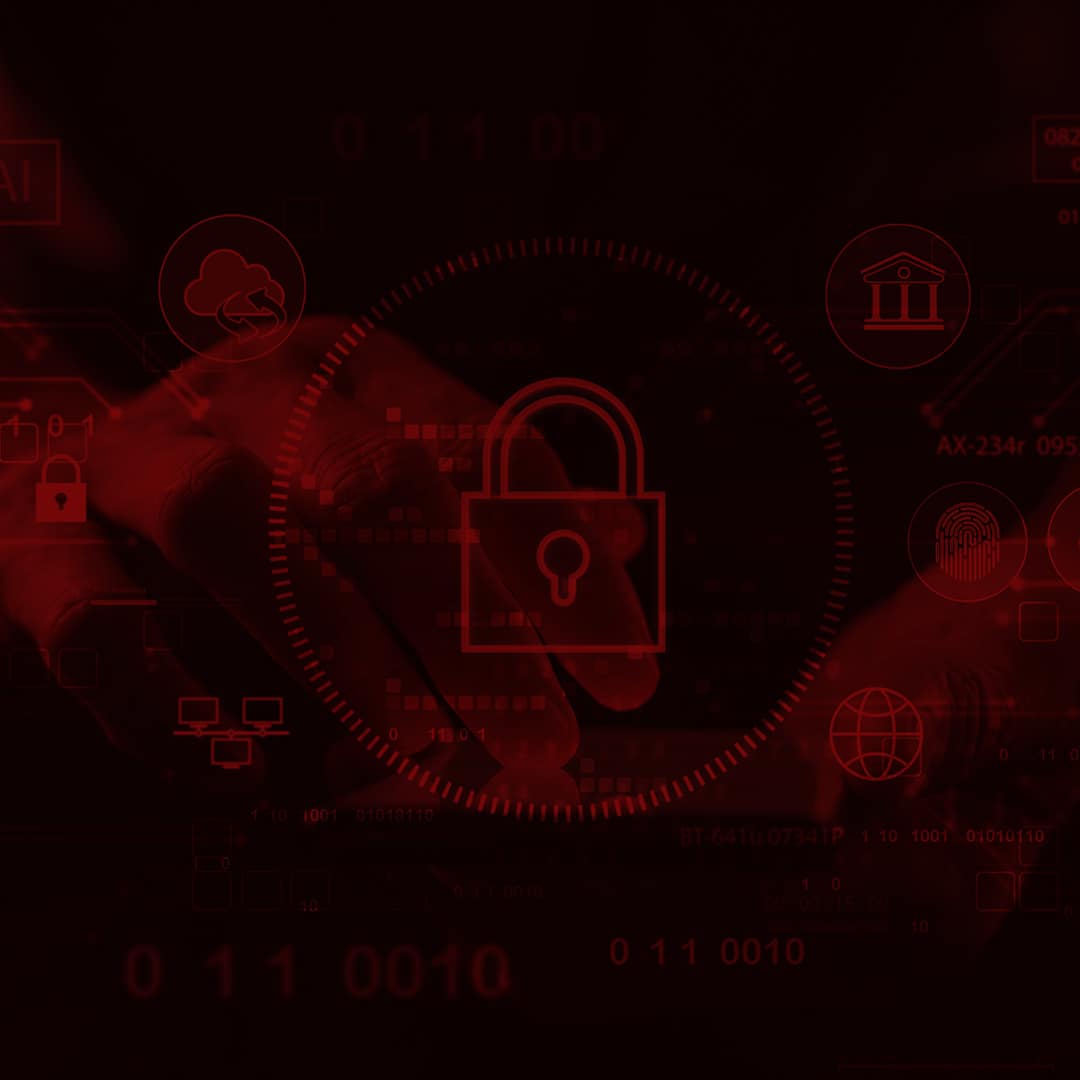Cybersecurity is an ever-changing field, and the best way to learn cybersecurity knowledge and skills is through hands-on experience. No matter which route you take to a cybersecurity career—formal education, learning on the job, or IT security certifications—the path will almost certainly require you to obtain many practical skills and competencies.
If you’re looking for the right IT and security certification, choose a program offering extensive real-world experiences through lab-intensive training. So, how does the C|CT (Certified Cybersecurity Technician) program prepare students to gain valuable skills through various cyber security labs?
What Is the Certified Cybersecurity Technician (C|CT) Program?
EC-Council’s Certified Cybersecurity Technician (C|CT) program is an ideal beginning for those who want to kick-start a career in cybersecurity.
The C|CT course is an entry-level cybersecurity certification that equips learners with the core and fundamental technical, hands-on, and multi-domain cybersecurity skills across network security, ethical hacking, digital forensics, and security operations.
C|CT is the world’s only entry-level cybersecurity program that offers total coverage of foundational cybersecurity domains, including 200 hours of premium learning and 85 hands-on labs—three times more than any other entry-level certification. After five days of intensive training, C|CT students must pass a three-hour evaluation with multiple-choice questions and a real-life practical exam testing their cybersecurity skills.
After completing the C|CT program, participants can assume in-demand IT security roles such as cyber technician. According to Glassdoor, the average salary for a cyber security technician in the United States is over $67,000. C|CT title holders can also further their education by continuing with specialized certifications such as Certified Ethical Hacker (C|EH), Certified Network Defender (C|ND), and Computer Hacking Forensic Investigator (C|HFI).
Aspirants can also take advantage of EC-Council scholarship for the C|CT program. EC-Council has pledged $7 million to the C|CT Scholarship for Cybersecurity Career Starters, helping 20,000 students jumpstart their careers in the field of cybersecurity. Recipients of EC-Council’s cybersecurity scholarship are required to pay only the processing and remote proctoring fees for the program’s certification exam.
What Skills Will You Learn in the C|CT Program?
The C|CT program offers a thorough overview of cybersecurity issues, including multiple subfields. These include:
- Information security: Common cyber threats, vulnerabilities, and attacks; malware; data security controls; data backup and retention methods.
- Network security: Network security fundamentals; identification, authorization, and authentication concepts; network security controls (administrative, physical, and technical); network security assessment tools and techniques.
- Computer forensics: Fundamentals of digital forensics; digital evidence; phases of forensic investigations.
- Risk management: Application security design and testing; network troubleshooting, traffic monitoring, log monitoring, and suspicious traffic analysis.
- Incident handling: Incident detection, handling, and response.
- Cybersecurity industry best practices: Key issues in the cybersecurity industry; fundamental concepts in virtualization, cloud computing, encryption, cryptography, wireless security, mobile security, IoT security, and more.
In particular, the C|CT program offers a full suite of 85 hands-on labs to help students gain valuable practical cybersecurity skills. 50% of the program curriculum is devoted to CCT labs and live cyber range activities requiring students to practice their knowledge. Students can complete the C|CT cyber security labs online at the time and place of their convenience, providing the ultimate flexibility in their learning experience.
How Are Cyber Security Labs Useful in Real-World Scenarios?
Cyber security practice labs are incredibly useful for different real-world scenarios. The benefits of cyber security labs include:
- Hands-on experience: The best IT security certifications offer a mix of theoretical knowledge and practical skills. Cyber security labs provide this practical learning, allowing students to hone their skills in various scenarios.
- Safe environment: Cyber security labs typically occur inside a controlled “sandbox” isolated from the larger network or IT environment. This allows learners to experiment freely without worrying about damage or data loss.
- Latest technologies: Cyber security labs let students gain practical experience with the latest tools and technologies. As cyber threats and best practices evolve, virtual labs can be easily reconfigured for different training scenarios.
- Accessibility and flexibility: Virtual cyber security labs are accessible from anywhere with an Internet connection, letting students choose the learning environment that best fits their needs. These labs can be easily scaled to accommodate different numbers of students according to demand.
Why Are Cyber Security Labs Valuable for Early-Career IT Professionals?
Cyber security labs are especially valuable for early-career IT professionals. The advantages of cyber security labs for students starting their IT career include:
- Skill development: Cyber security labs allow beginners to develop their practical skills in various domains, gaining the necessary experience to succeed in real-world scenarios. Lab-focused programs let students practice tools and techniques in a controlled environment, giving them the confidence to deal with actual security incidents.
- Exploration and experimentation: Early-career IT professionals are often unsure which cybersecurity specialties to focus on—ethical hacking, network defense, digital forensics, or something else entirely. Cyber security labs allow students to explore different subfields and see which suits their skills and interests best.
- Career advancement: IT professionals new to the field can greatly benefit from the career advancement opportunities provided by cyber security labs. Lab courses can majorly strengthen candidates’ resumes, making them more attractive to potential employers. Cyber security labs may also give students networking opportunities, connecting with instructors, mentors, and fellow students.
FAQs
Getting started with the C|CT course is simple: visit the C|CT page on EC-Council’s website. There, you can read about the course outline of the C|CT program, learn the benefits of the C|CT certification, and register to apply for the C|CT scholarship.
The C|CT program covers various domains that prepare students for cybersecurity careers. These include:
- Information security
- Network security
- Computer/Digital forensics
- Ethical Hacking
- Security Operations
- Risk management
- Incident handling
- Cybersecurity industry best practices
Having knowledge of coding and programming languages can be highly beneficial in cybersecurity, but it’s not always a strict requirement. Certain roles (such as cybersecurity engineer and ethical hacker) require more coding skills than others (such as incident response and awareness training).
Knowledge of programming and scripting languages such as C, Python, JavaScript, and Bash can help IT security professionals develop security tools, analyze malware, and detect vulnerabilities through penetration testing. For this reason, it’s a good idea to learn basic coding skills to broaden your opportunities in the cybersecurity field.
About the Author
David Tidmarsh is a programmer and writer. He’s worked as a software developer at MIT, has a B.A. in history from Yale, and is currently a graduate student in computer science at UT Austin.
References
Glassdoor. (2023). Salary: Cyber Security Technician in 2023 | Glassdoor. https://www.glassdoor.com/Salaries/cyber-security-technician-salary-SRCH_KO0,25.htm










